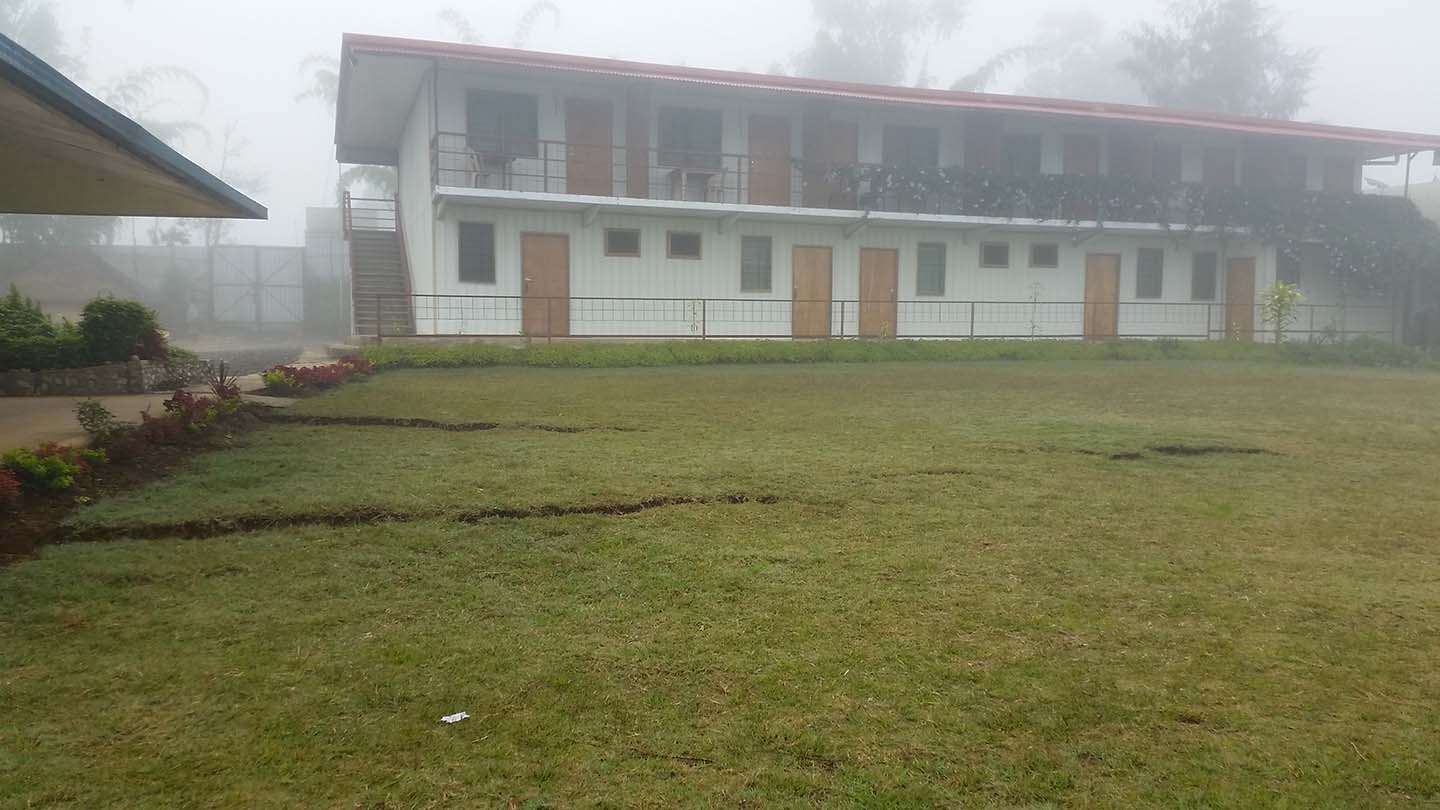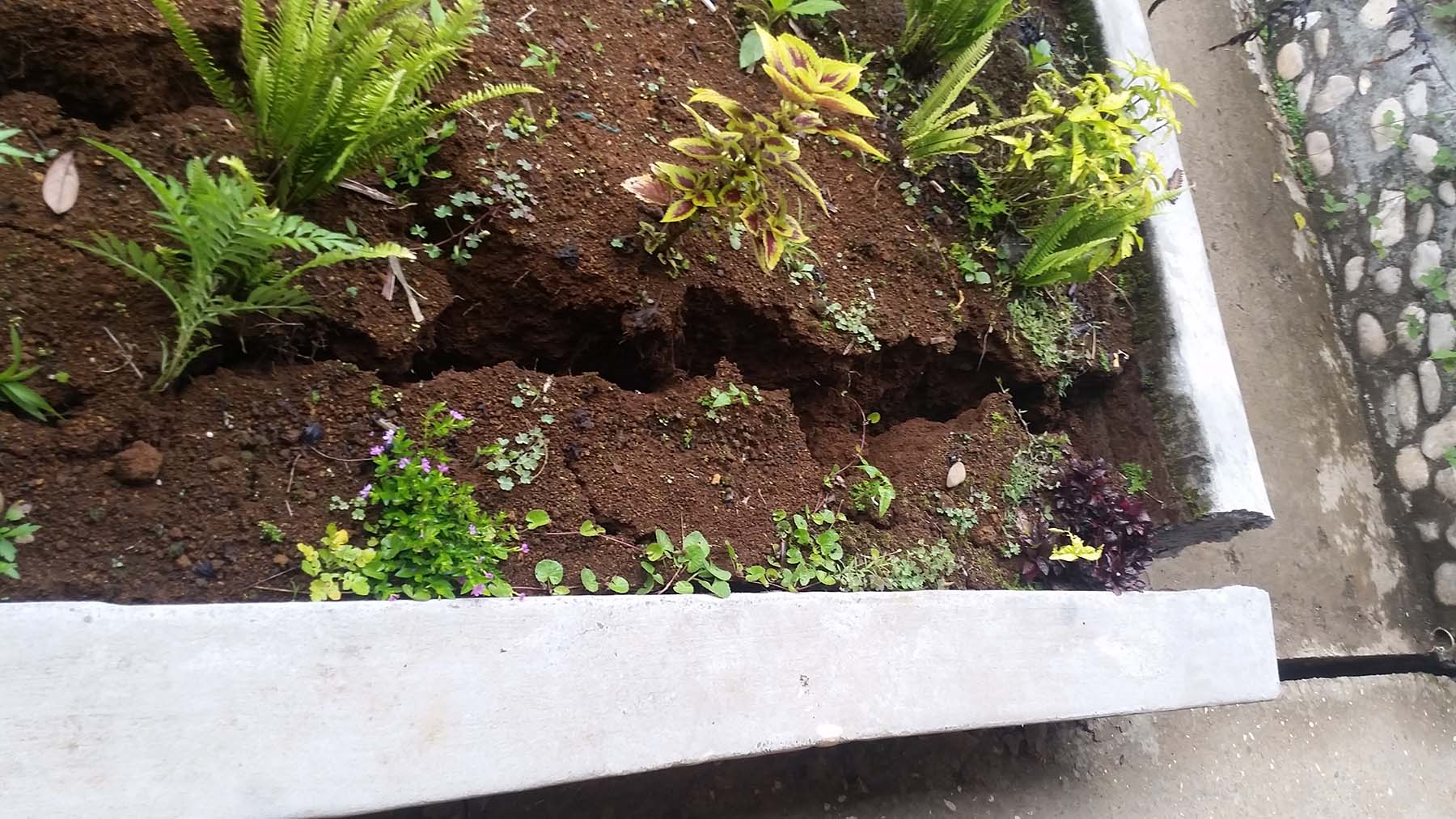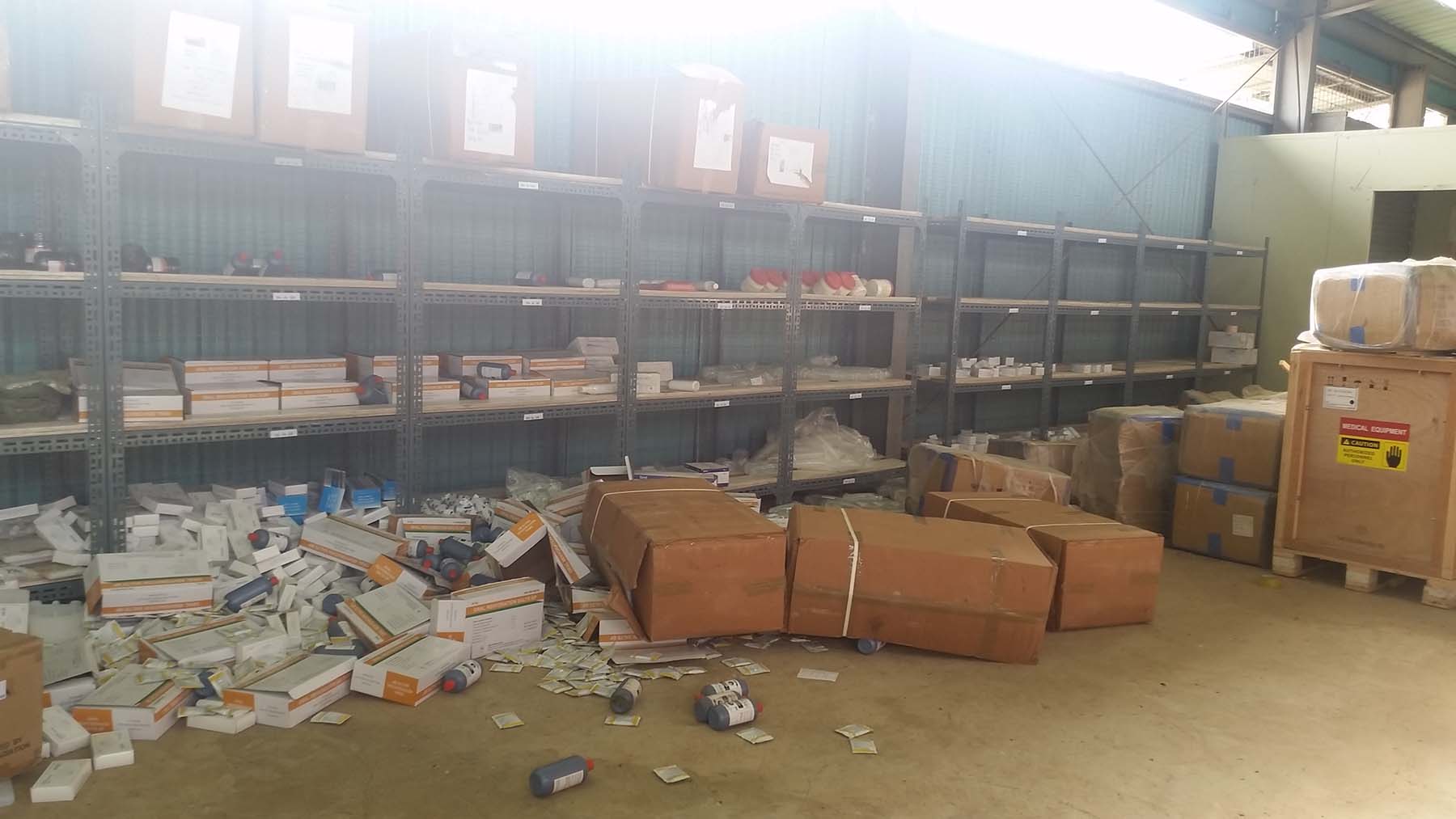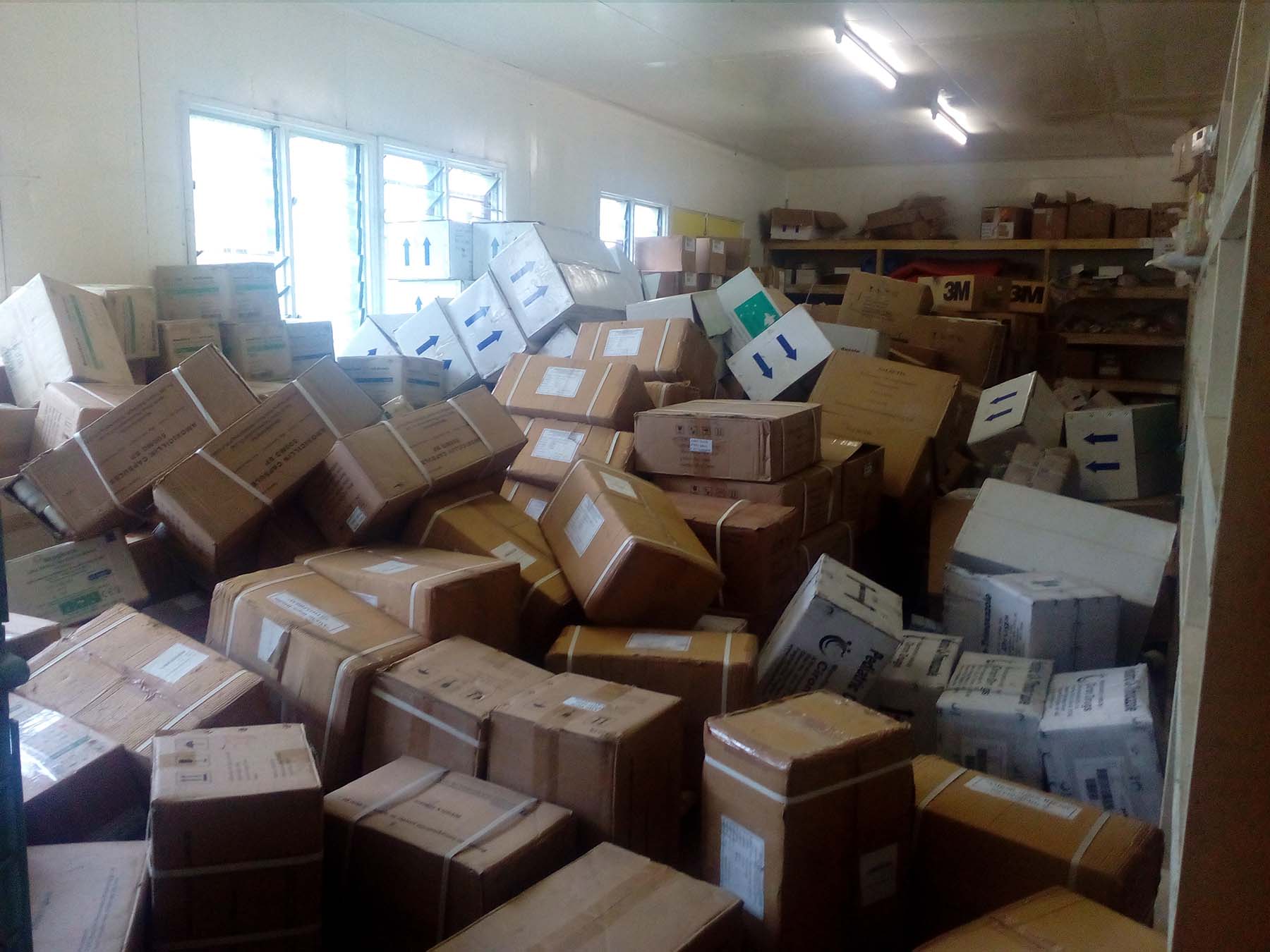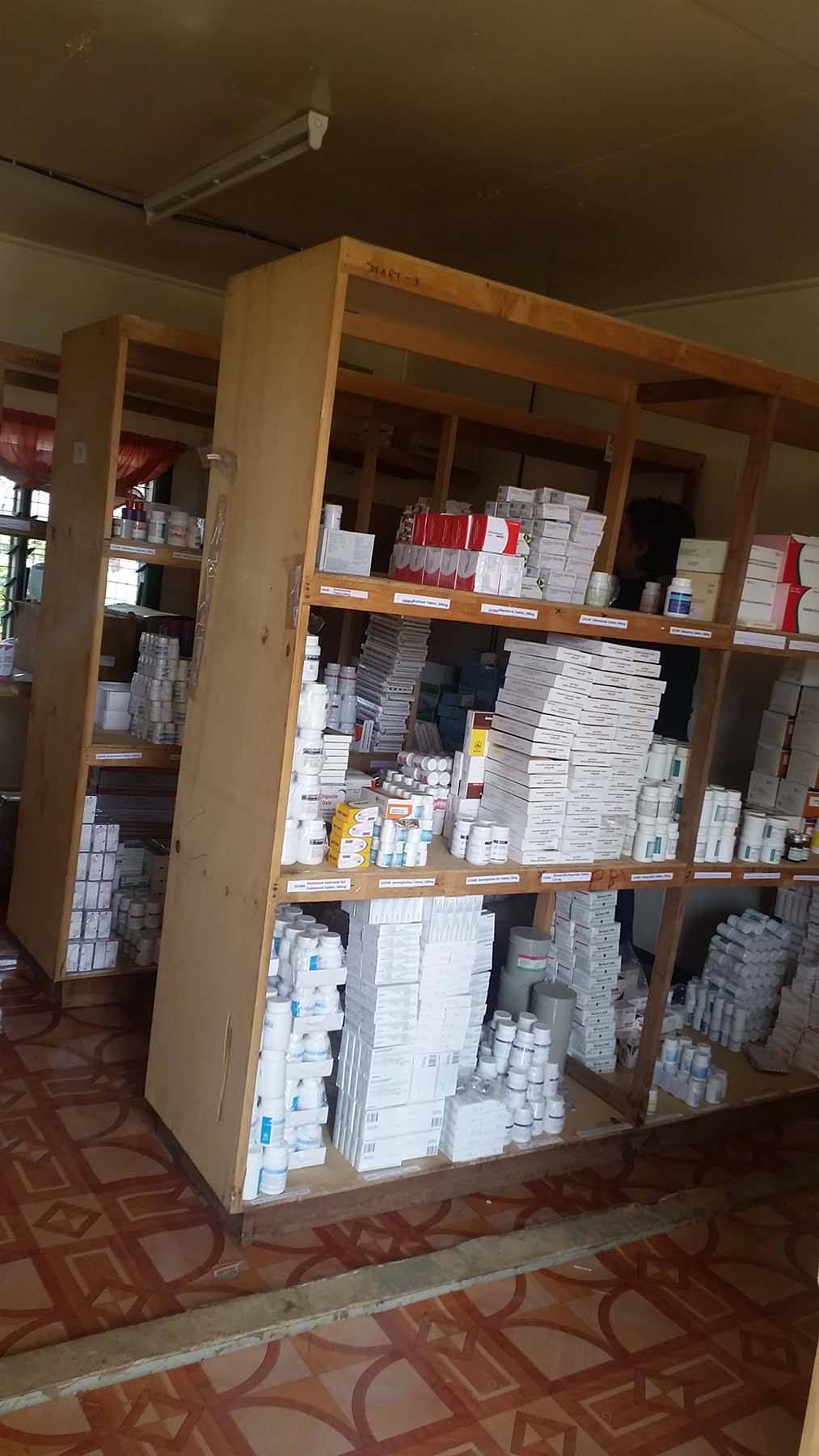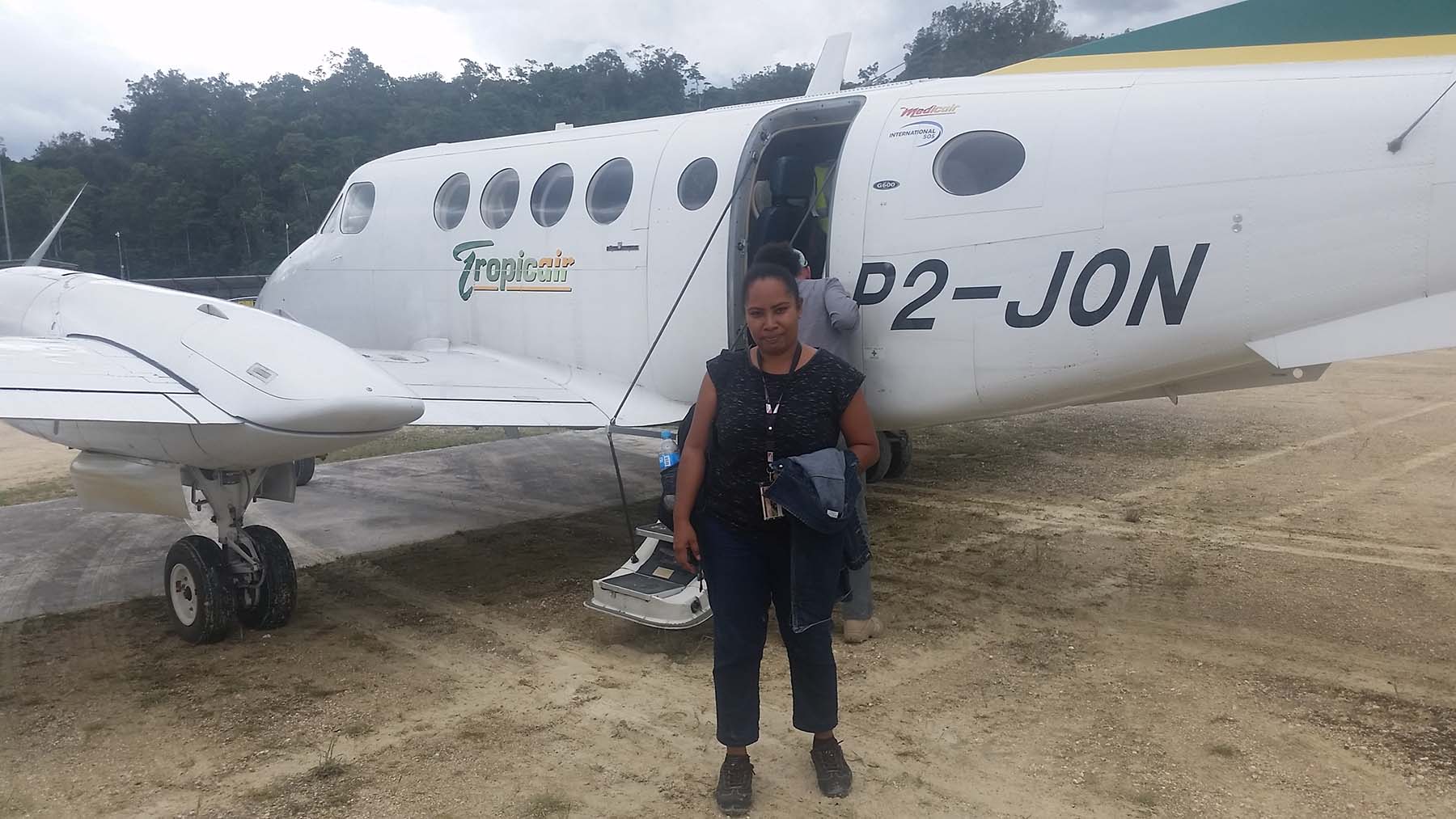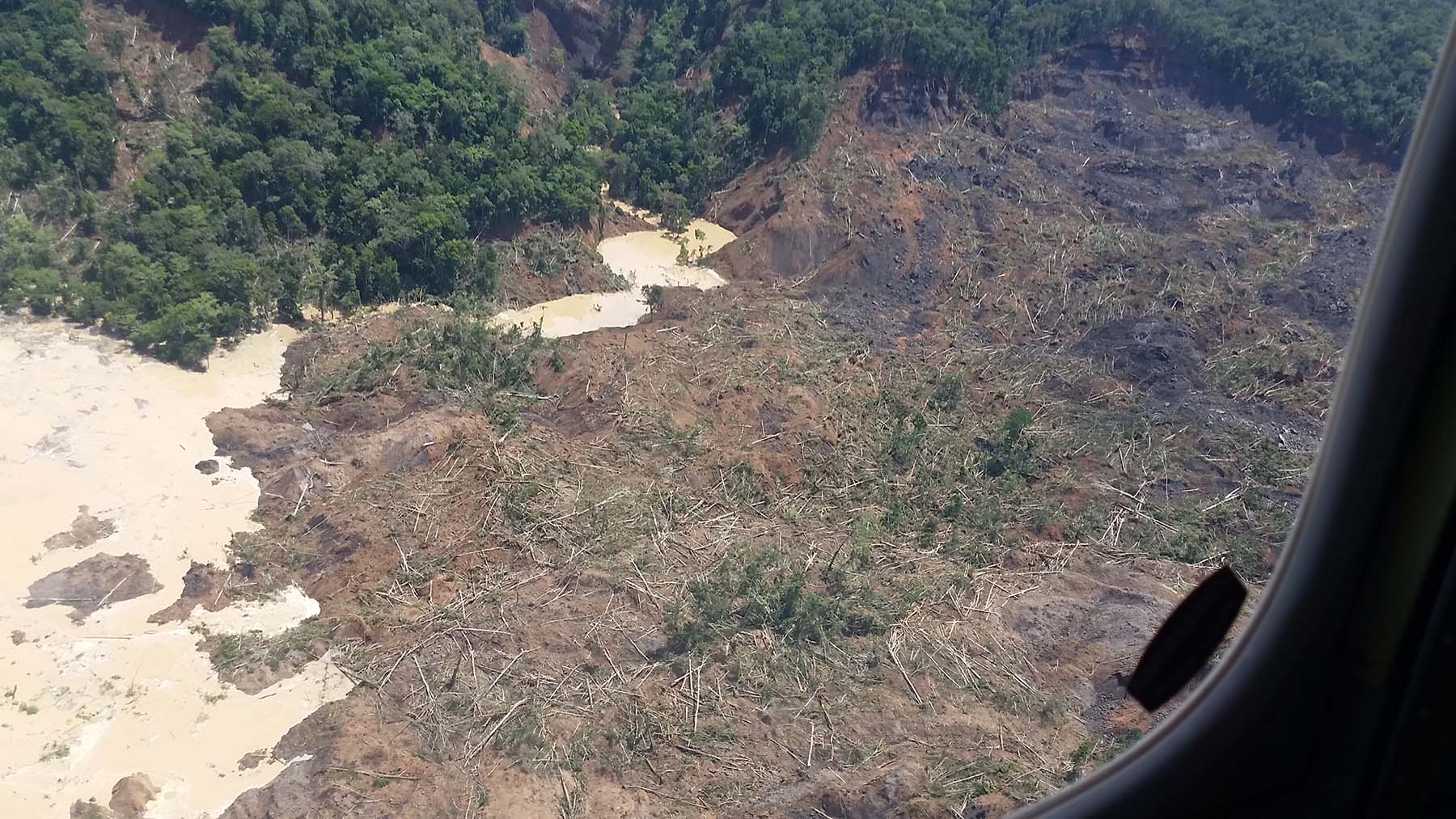Magnitude 7.5 Earthquake Rocks Papua New Guinea: A First-Person Account
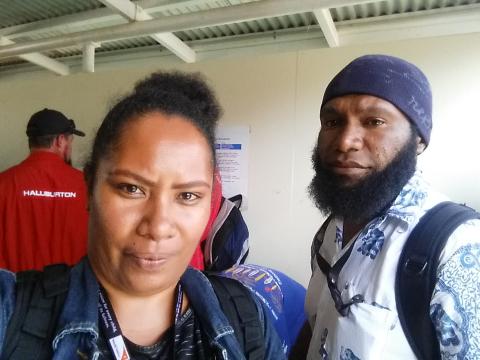
By: Megan Gaure, World Vision PNG mSupply Coordinator
Last 26 February 2018, a magnitude 7.5 earthquake hit Papua New Guinea with the epicentre about 89 kilometres southwest of Porgera in Enga Province. Four provinces (including Hela Province) and five districts were affected by the quake with severe damages in 17 Local-Level Governments (LLG).
I was on official visit to Tari, Hela Province (around 70 kilometres from the epicentre) when the earthquake struck. It happened at about 3:45am. I was sleeping and woke up to loud noise and sudden violent shaking. The earthquake went on for 5-6 seconds, slowed down for few seconds and continued for another 5-6 seconds. When I opened my eyes, the room was pitch black. The quake violently rocked me in the bed and I held on to my bed post tightly. I knew that when I lose my grip, I’ll be tossed from one corner of the bed to another. I thought I was going to die and prayed for God's protection and that the building wouldn’t collapse on us.
"I thought I was going to die and prayed for God's protection and that the building wouldn’t collapse on us."
I was frightened by the loud sounds made by the moving earth, the creaking building and falling items. When the earthquake subsided and the lights came back, I ran outside and met my colleagues checking each other for injuries. We then checked the hotel periphery and saw big cracks in the ground, flower beds and footpaths. The hotel building was intact.
The aftermath of the earthquake left visible cracks on the hotel grounds where Megan was staying. (Photo: Megan Gaure/World Vision PNG)
The aftermath of the earthquake left visible cracks on the ground. (Photo: Megan Gaure/World Vision PNG)
We felt tremors and minor earthquakes every 30 to 40 minutes after the major quake. We did not get enough sleep after that due to the ongoing tremors.
First thing in the morning, my colleagues and I headed down to the Hela Provincial Hospital, where we’ve been working since last week. We travel to various provincial hospitals installing the mSupply, an inventory software that keeps track of medicines to prevent stock-out. The hospital buildings seemed fine with no damages, however communications, water and electricity were cut. We went straight to the hospital dispensary and were greeted by medicine boxes and drugs scattered on the floor. We spent almost two hours putting everything back in place so that the dispensary could operate and serve patients. We continued on in the Pharmacy Bulk Store and the Provincial Transit Store while tremors and minor earthquakes were occuring.
The Hela Provincial Hospital drug storage room was in disarray after the earthquake. (Photo: Megan Gaure/World Vision)
Megan and Arthur were greeted with the site of medicine boxes littering the floor. (Photo: Megan Gaure/World Vision)
Megan and Arthur spent two hours putting putting everything back in place so the drug dispensary could operate and serve patients. (Photo: Megan Gaure/World Vision PNG)
I had the chance to talk to some hospital staff and could sense their shock, fear and confusion. They were afraid as there was news going around that another earthquake, much stronger than this mornings, will strike Hela again around midday.
We learned from hospital staff that bodies of dead children and elderly were being brought to the hospital. I witnessed injured people, mostly suffering from fractured bones been brought in for treatment from within Tari and nearby villages that had access to the hospital.
"I had the chance to talk to some hospital staff and could sense their shock, fear and confusion. They were afraid as there was news going around that another earthquake, much stronger than this mornings, will strike Hela again around midday."
Oil Search Foundation (OSF) was able to contact World Vision through satellite phone to advise that Arthur and I were alive and well. On Tuesday the next day, arrangements were made to evacuate us out of Tari, Hela Province. We rode on a chopper arranged by Oil Search to Moro Southern Highlands, then finally flew out of Moro on a 8 passenger aircraft chartered by DFAT and arrived in POM at around six in the evening.
Megan about to board the eight-passenger plane chartered by DFAT to bring them back to Port Moresby. (Photo: Megan Gaure/World Vision PNG)
Scene from Megan's window while on board the chartered plane. A big landslide has blocked the river path, creating a river dam. (Photo: Megan Gaure/World Vision)
"I’m very glad that I’m now back home and on stable grounds and thank God for his leading and protection throughout the ordeal and to Oil Search and DFAT for their assistance in evacuating the team."
My family was worried for me as they had no way of communicating with me for 24 hrs after the earthquake but they had confidence in God I was safe. I’m very glad that I’m now back home and on stable grounds and thank God for his leading and protection throughout the ordeal and to Oil Search and DFAT for their assistance in evacuating the team. I feel a bit traumatized from the experience, I still am startled with any little noises of falling items, thinking– there’s going to be another tremor/minor earthquake.
In around two weeks' time I'll be traveling again with the World Vision team to continue with the installation of mSupply software. Depending on the situation, we might be back in Hela Province or in another Province that is ready to receive us. I pray for God's protection and love as we carry on with our work of helping ensure that much needed medicine are available in hospitals and other health facilities around PNG.
